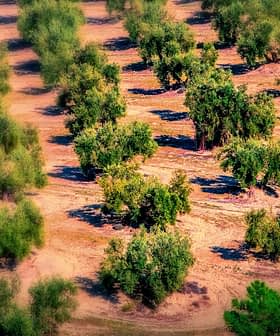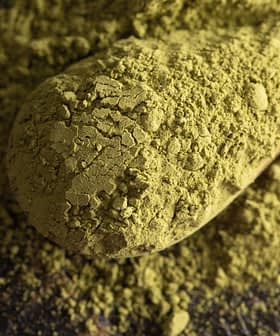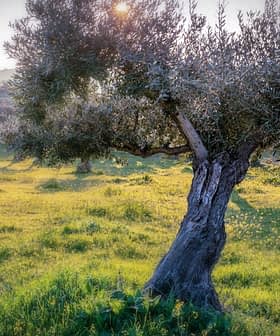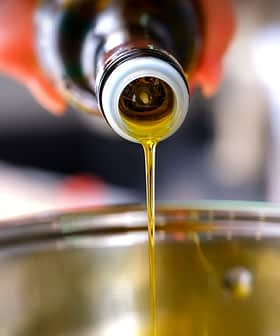NCI Funds Effort to Develop Oleocanthal as Cancer Prevention Tool

The National Cancer Institute has recognized oleocanthal as a potential nutraceutical for breast cancer and awarded funds to Oleolive for research on its preventative benefits in triple negative breast cancer. Researchers are working to establish the potency and efficacy of oleocanthal as a functional food to prevent TNBC recurrence, with plans to seek further funding for clinical trials on humans.
America’s National Cancer Institute (NCI) has acknowledged oleocanthal as a potential nutraceutical for breast cancer and awarded $399,999 to the company, Oleolive, for the development of the phenolic compound as a functional food to prevent breast cancer.
The funds will be used to research the preventative and therapeutic benefits of oleocanthal in triple negative breast cancer (TNBC) recurrence. Around 50,000 women in the United States are diagnosed with TNBC annually.
See Also:Health NewsA new, safe and effective recurrence inhibitor is urgently needed as the current outlook for TNBC patients is bleak due to high recurrence rates, poor overall survival rates and ineffective available treatments.
Oleocanthal experts Khalid El Sayed and Amal Kaddoumi, who are the company’s chief scientists and researchers at the University of Louisiana-Monroe, co-authored a 2017 study which revealed that oleocanthal was effective in preventing cancer and Alzheimer’s disease in mice and had the potential to become an effective dietary supplement for reducing the risk of developing both conditions.
El Sayed told Olive Oil Times the nutraceutical will be made available to patients once the team has established the desired potency and efficacy of the oleocanthal formulation for preventing TNBC recurrence. He said that further funding would be sought to prepare the formulation for clinical trials on humans.
“[I would] certainly recommend consumption of high-quality extra virgin olive oil daily for not only breast cancer survivors and patients but also for normal healthy people to maintain a condition of well-being based on the significant positive health outcomes documented by several clinical trials and epidemiological studies,” he said.
His recommendation was an average daily consumption of around 20 to 50 milliliters of olive oil per day, depending on an individual’s health and the quality of olive oil consumed. He advised new consumers of olive oil to start with smaller amounts (five to 10 milliliters) and gradually increase the daily dose over time.









